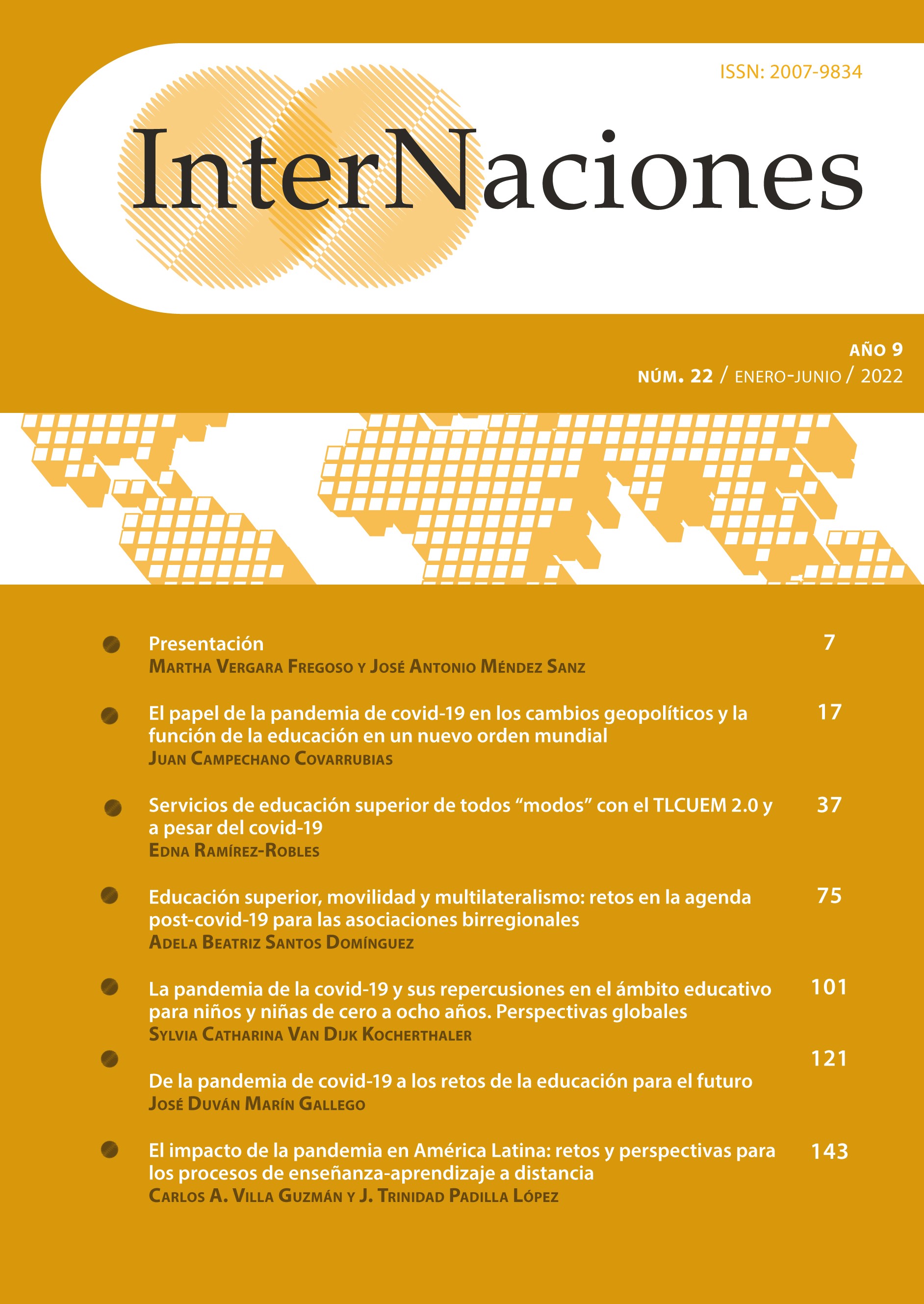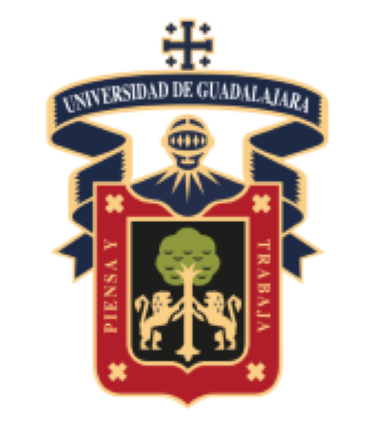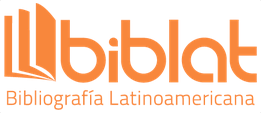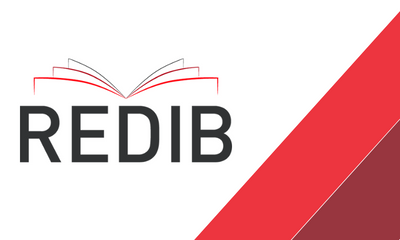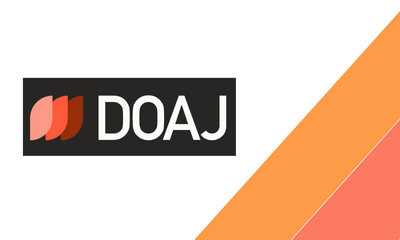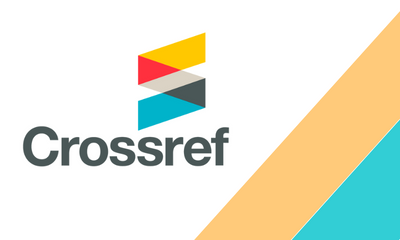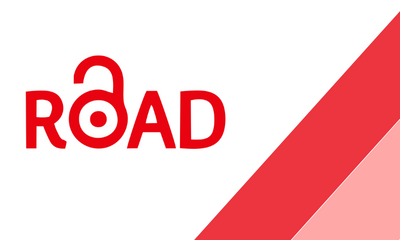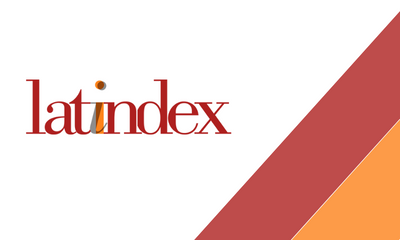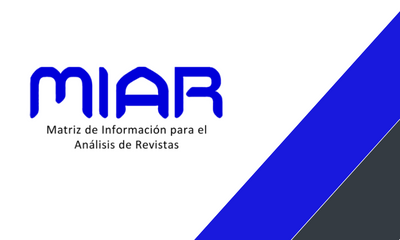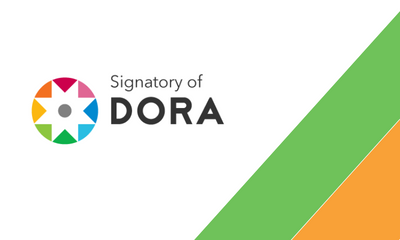From the covid-19 pandemic to the challenges of education for the future
DOI:
https://doi.org/10.32870/in.vi22.7209Keywords:
pandemic, hybrid education, politics, technology, changesAbstract
The pandemic has unleashed a series of calamities not only in the area of public health but also in the economic and political fields, generating worldwide crises. Remarkably, the poorest countries, including the Latin American and Caribbean ones, have suffered the most from covid-19 risks. Although these countries have tried to avert the troubles with their scarce resources, the consequences have been severe. After the negative impact on the healthcare sector and global economy, education is the institution that has suffered the most acute crisis and significant adverse effects. Nevertheless, this breaking point has also brought positive outcomes because it has challenged people, governments, and societies to create new paradigms that have become models of revolutionary changes for the future. In this sense, education will have to switch from a traditional model towards new teaching and learning proposals, such as hybrid or mixed education that combines in-person and virtual moments through ICT. In the quest for making this transformation or paradigm shift, the States' policies will also have to look for alternative solutions involving their budgets and the design of programs and technological tools required for providing education quality, taking advantage of digital and web-based resources.Downloads
References
Barria, C. (20 de abril, 2021). “Los gobiernos de América Latina de fallaron a la gente en la pandemia”. Mónica Bolle, Economista. https://www.bbc.com/mundo/noticias-56683896
Banco Interamericano de Desarrollo. (2020). Educación más allá del COVI-19. https://publications.iadb.org/publications/spanish/document/Hablemos-de-politica-educativa-en-America-Latina-y-el-Caribe-1-Educacion-mas-alla-del-COVID-19.pdf
Beck, U. (2016). La sociedad del riesgo. Hacia una nueva modernidad. Paidós
Gadamer, H-G. (1997). Verdad y Método (7.ª ed.). Sígueme.
CNN Español. (mayo 14, 2020). Cronología del coronavirus: así empezó y se ha extendido por el mundo el mortal virus. https://cnnespanol.cnn.com/2020/05/14/cronologia-del-coronavirus-asi-empezo-y-se-ha-extendido-por-el-mundo-el-mortal-virus-pandemico/
Godet, M. y Durance, P. (2009). La prospectiva estratégica, para las empresas y los territorios. Cuadernos de Lipsor. Informe COVID-19
CEPAL-UNESCO. (2020). La educación en tiempos de la pandemia de COVID-19. https://unesdoc.unesco.org/ark:/48223/pf0000374075?posInSet=1&queryId=6606d 041-e555-4f06-b4c4-42ea1b4153e9
Jaeger, W. (1994). Paideia (2.ª reimp., de la 2.ª imp.). Fondo de Cultura Económica. Kuhn, T. S. (1992). La estructura de las revoluciones científicas (1.ª reimp). Fondo de Cultura Económica.
NACIONES UNIDAS. (agosto de 2020). Informe de políticas: La educación durante la COVID-19 y después de ella.https://www.un.org/sites/un2.un.org/files/policy_brief_-education_during_covid-19_and_beyond_spanish.pdf
NACIONES UNIDAS. (16 de diciembre de 1966). Pacto Internacional de Derechos Económicos, Sociales y Culturales. https://www.ohchr.org/SP/ProfessionalInterest/Pages/CESCR.aspx
NACIONES UNIDAS. (junio de 2020). Respuesta integral de las Naciones Unidas la COVID 19: salvar vidas, proteger a las sociedades, recuperarse mejor. https://www.un.org/sites/un2.un.org/files/comprehensive_response_to_covid-19_spanish.pdf
Noticias ONU. (23 de septiembre de 2020). Los organismos financieros internacionales no han estado a la altura de la tragedia del COVID-19, afirma el presidente de Honduras. https://news.un.org/es/story/2020/09/1481072
UNESCO. (20-10-2020). La educación Post-COVID-19, una prioridad para la UNESCO. https://www.ei-ie.org/spa/detail/16991/la-educaci%C3%B3n-post-covid-19-una-prioridad-para-la-unesco
RTVE. (junio 18, 2021). Mapa de coronavirus en el mundo: casos, muerte, y los últimos datos de su evolución. https://www.rtve.es/noticias/20210618/mapa-mundial-del-coronavirus/1998143.shtml
UNESCO, UNICEF, GRUPO BANCO MUNDIAL, PROGRAMA MUNDIAL DE ALIMENTOS. (abril, 2020). Marco para la reapertura de las escuelas. Marco para la reapertura de las escuelas - UNESCO Biblioteca Digital
Downloads
Published
How to Cite
Issue
Section
License
Copyright (c) 2021 University of Guadalajara

This work is licensed under a Creative Commons Attribution-NonCommercial-ShareAlike 4.0 International License.
CC BY-NC-SA 4.0 https://creativecommons.org/licenses/by-nc-sa/4.0/

